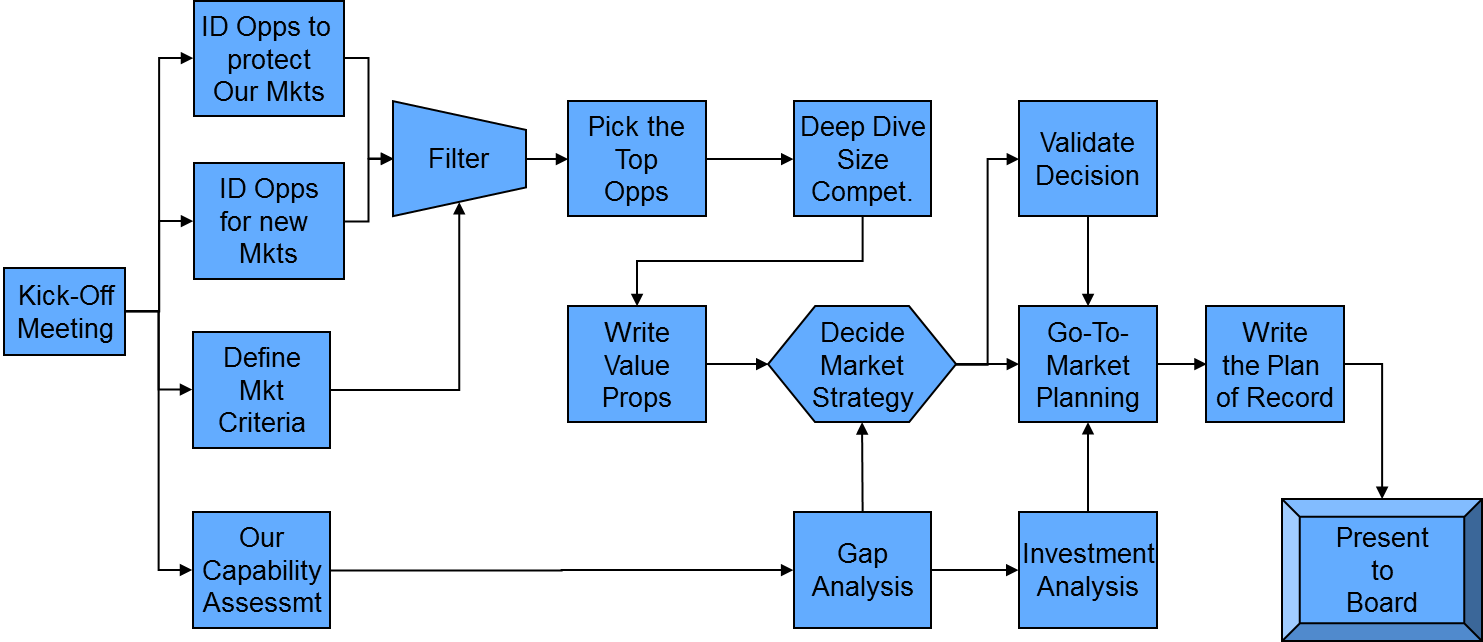The 3 Common Mistakes Traditional Consulting Firms Make
David Maister is widely considered one of the leading authorities on managing professional service firms (such as law, accounting and consulting). He has taught and lectured at a doctorate in logistics & transportation from Harvard Business School, where he taught and lectured until 1985. In 2002, he was named one of the top 40 business thinkers in the world and he is the author of six bestselling books.
In his book Managing The Professional Service Firm (Publisher name, 1992), Maister offers practical advice for successfully managing a professional firm and brings to light the alarming realities of mistakes that consulting firms often make.
Although the book was published in 1992, well before the digital technology boom, professional service firms are still making many of the same errors Maister cited 21 years ago.
TrustedPeer now makes it possible for clients to avoid these issues. TrustedPeer’s proprietary online platform system harnesses advances in digital networking to enable client companies to sidestep common issues found in traditional consulting. It The system allows companies to forego expensive, time-consuming and unpredictable consulting engagements and opt instead for carefully-targeted micro-consulting sessions with top-of-field experts rigorously vetted by TrustedPeer.
Here Below are three of the most common problems recognized by Maister that traditional consulting firms still make.
1. Traditional Firms “Sell” Instead of “Solve”
As Maister states, “Buying professional services is rarely a comfortable experience.” Traditionally, a clients haves to give up some degree of control by putting their company’s’ affairs in the hands of someone else. Conventional consulting firms are often willing to take on the business of any client even if their knowledge of the client’s industry is severely limited. Firms provide clients with partners who are focused on personal incentives from the firm instead of solving the client’s issue.
Maister outlines the mindset of a potential client considering procuring professional services.
“I’m skeptical. I’ve been burned before by these kinds of people. I get a lot of promises: How do I know whose promise I should buy? I’m concerned that you either can’t or won’t take the time to understand what makes my situation special. In short, will you deal with me the way in the way I want to be dealt with?”
TrustedPeer goes to extraordinary lengths to make sure clients consult with Experts who have decades of experience solving problems in their industry and can deliver on client needs and expectations quickly. Each TrustedPeer Expert’s profile – detailing quantifiable and recognizable credentials and accomplishments – is only a starting point. Each expert also produces deep and robust content exploring common problems, key trends and best practices in his or her specific area of expertise.
Instead of buying a brand, clients can judge TrustedPeer Experts by the credibility of their content. Before a nickel is spent, clients know exactly whom they will be working with and the depth of expertise their expert brings to solving their problems.
“Above all else, what I, the client, am looking for, is that rare professional who has both technical skill and a sincere desire to be helpful, to work with both me and my problem. The key is empathy—the ability to enter my world and see through my eyes.”
With TrustedPeer Experts, you gain knowledge from independent consultants who are not motivated to meet the quotas of a firm. TrustedPeer and TrustedPeer Experts are dedicated to solving client problems, not selling solutions. Experts are prepared to give objective, unvarnished guidance.
2. Traditional Consulting Firms Don’t Reinvigorate Their Assets
While successful firms may adapt and adjust, they rarely reinvigorate the talents of the partners they hire. As the environment changes and technology progresses, new issues arise that require specialized skills and knowledge. Traditional consulting firms can’t or don’t make the pivot to reinvigorate their assets because they become complacent in the skills that have previously brought them success. As Maister puts it,
“What you know now and are able to do now, what your current success is built on, will unavoidably depreciate in value unless you actively work on learning new things and building new skills.”
The network of TrustedPeer Experts is growing constantly by adding new independent consultants in specialized fields ranging from cloud integration to agriculture. New experts bring in new knowledge and new content. All TrustedPeer Experts regularly update their business topics and content as they work in real- time to solve client problems.
When an enterprise hires a consulting firm they often have to translate the language of their industry to receive a generalized solution to their problem. This is not a problem with TrustedPeer Experts, who on average have 26 years of experience in their specific areas of expertise. They are able to provide professional counsel that, as Maister prescribes, “does not require the client to do any mental translation of generalities or terminology into his or her specific situation.”
3. Traditional Consulting Firms Don’t Pay Enough Attention to Existing Clients
Firms often overemphasize new clients, while overcharging existing clients for a lesser quality of service. As Maister puts it,
“When a new client is brought in, rockets go off, bells sound, your name gets in the firm newsletter and you can bank on a good bonus. If you bring in an equivalent amount of business from existing clients, the management yawns and says, ‘at last he’s doing his job.’”
For most firms, the acquisition of a new client is more exciting and potentially more remunerative. TrustedPeer avoids this tendency by frequently updating existing clients on expertise that could be of value and offering carefully-analyzed, personal custom recommendations of TrustedPeer Experts who can address new and evolving problems.
Existing clients can chose to spend their consulting budgets more wisely on frequent well-targeted micro-consulting engagements addressing different aspects of their operations than on a single large and expensive engagement of dubious and unpredictable value. In this way, TrustedPeer offers preemptive solutions to future problems before they are allowed to spiral out of control.
.




